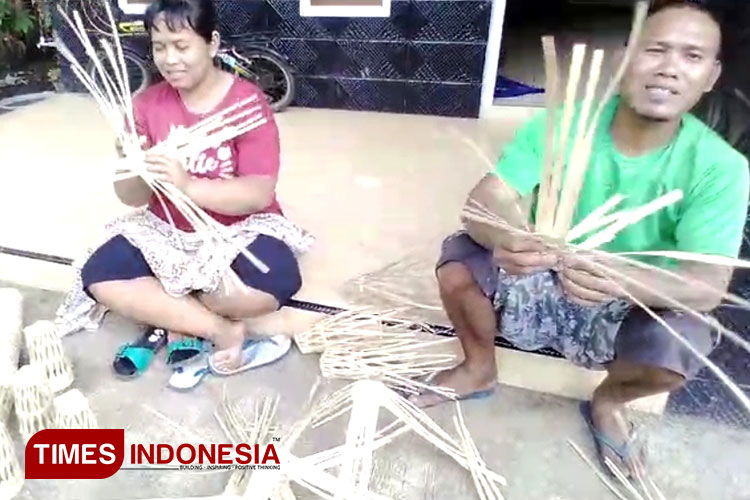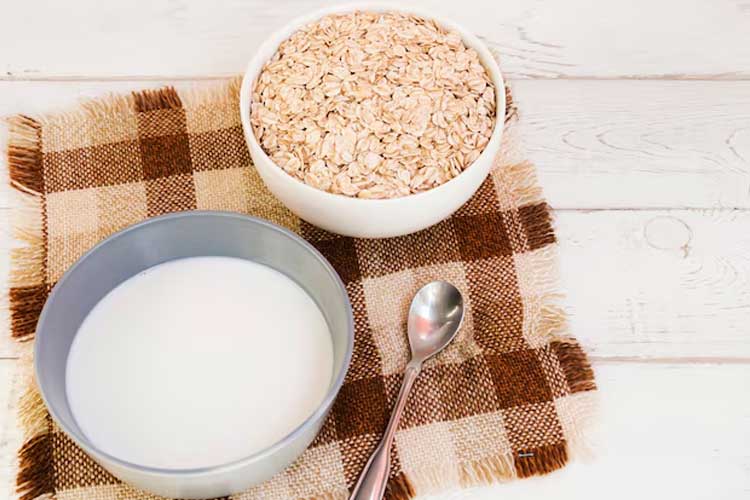TIMES SINGAPORE, MAGELANG – In a small village, nestled away from the hustle and bustle of city life, Ngatinah and her husband, Muhamad Umri, have turned their craftsmanship into a source of income. They have embarked on the art of weaving bamboo baskets, not only as a means of financial support but also as a sustainable alternative to plastic bags.
The baskets, intricately woven by Ngatinah, serve a practical purpose. While they may not be suitable for carrying all types of goods during shopping, they find their niche as ideal containers for eggs and potatoes.
Ngatinah, sharing insights with TIMES Indonesia, mentions that the entire process of creating one basket takes 5 to 10 minutes. Could've been a professionals, a testament to her skill and experience in the craft.
The Process Doesn't Suit the Price
A single bamboo stalk, purchased for a modest 10,000 Rupiah, becomes the raw material for multiple baskets. Ngatinah, however, highlights the time-consuming aspect of the process.
After cutting the bamboo into sections, it is thinly sliced and left to dry in the sun. It took 2 days or more till the bamboo dried. They have to make sure the bamboo is ready and still has a robust texture yet easy to be weaved.
This meticulous drying process is crucial to prevent molding and ensures the bamboo is ready for weaving. "It came in a smllaer size to carry some eggs or smaller size veggies<' she said.
Ngatinah also shared her story that she was just trying her luck in helping her hhusband providing food for the family. She felt so surprised when she knew how big the locals' enthusiasm about the bamboo basket.
"I worry worried about the number of plastic bag used by the local market to carry the goods they sells. And I hope this basket could be one alternative to reduce plastic waste," she added.
The Number of Bamboo Basket She could Produce in a Day
The eco-friendly initiative has not only contributed to their livelihood but has also found a market among local customers. "I normally be able to produce around 100 bamboo basket in a day," she ended.
Once the baskets are completed, Ngatinah gathers and dries them before reaching out to regular customers. Each basket, priced at 750 Rupiah, reflects the dedication and skill poured into its creation.
Ngatinah's sustainable approach not only adds value to her community but also highlights the potential for small-scale, eco-friendly enterprises. Her bamboo basket will be a good substitute for those waste, especially from plastic bag. (*)
Artikel ini sebelumnya sudah tayang di TIMES Indonesia dengan judul: Craftsmanship and Sustainability: Ngatinah's Bamboo Basket Artistry
| Writer | : Khodijah Siti |
| Editor | : Khodijah Siti |

























